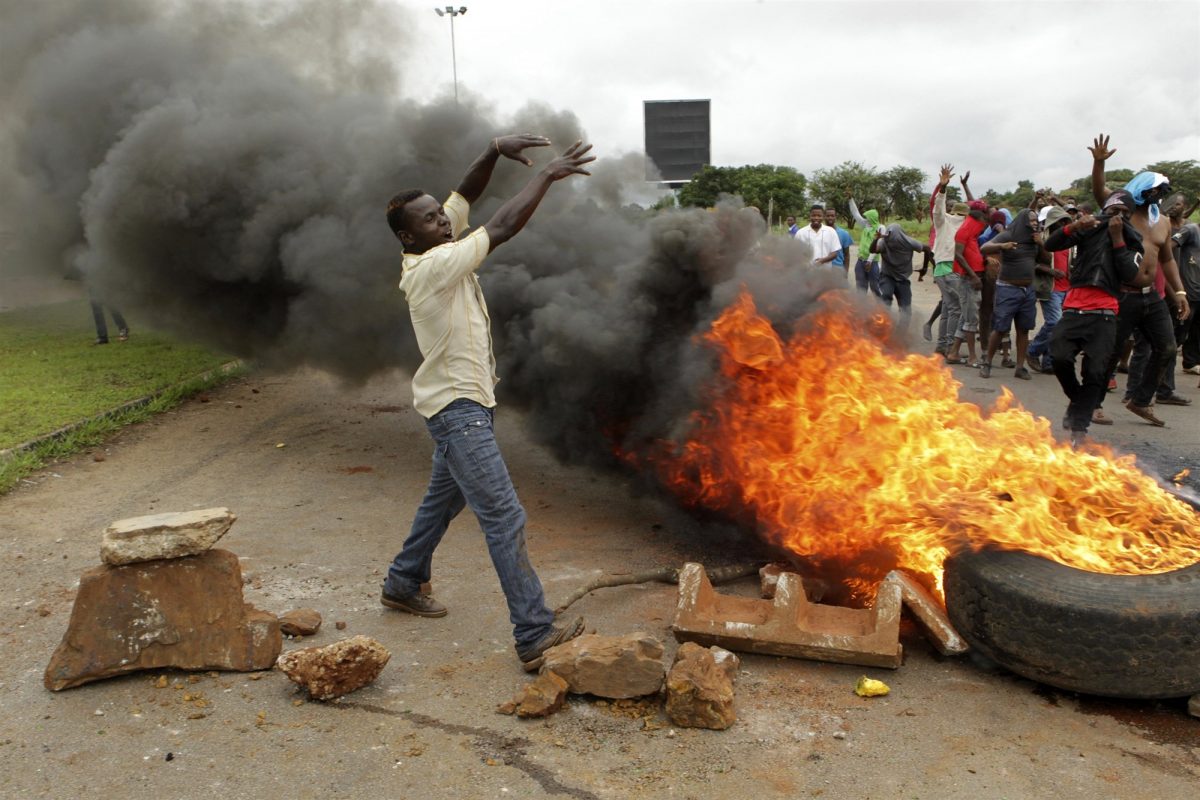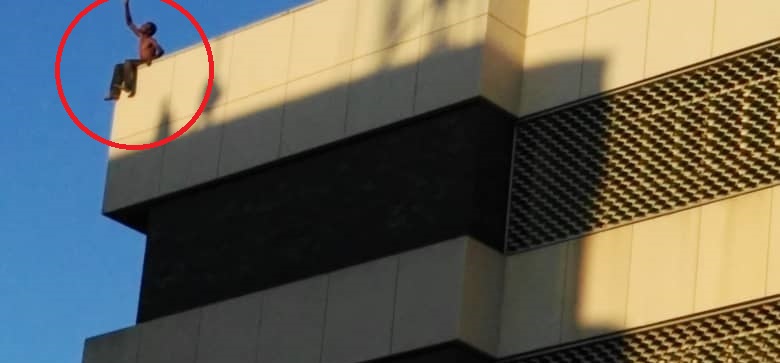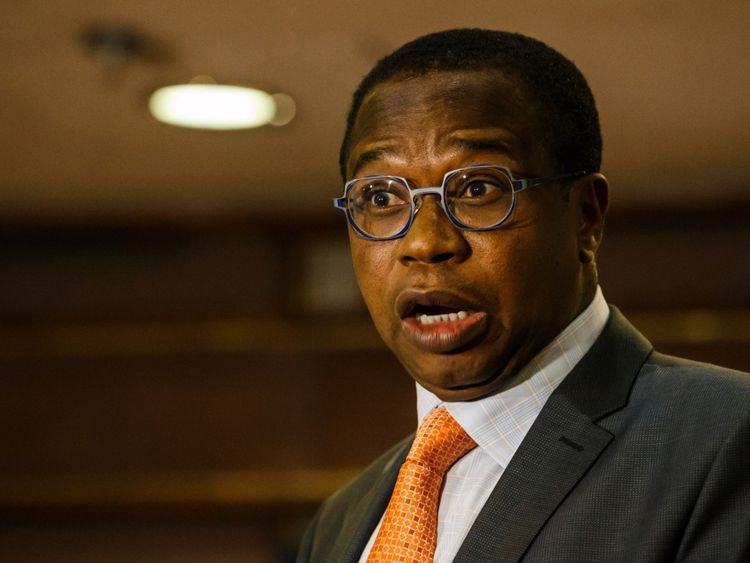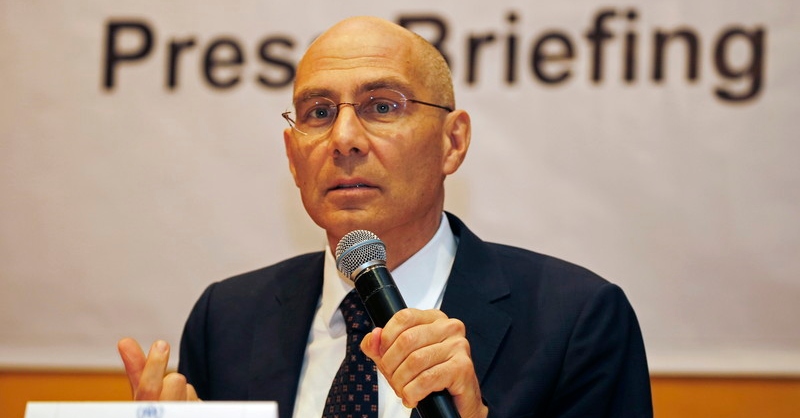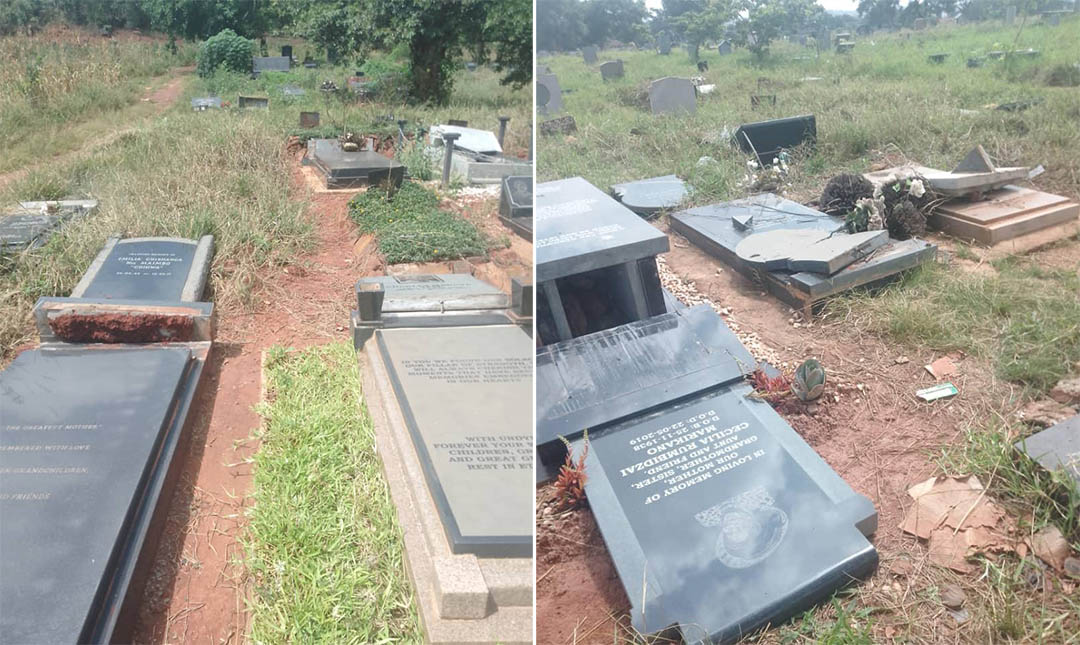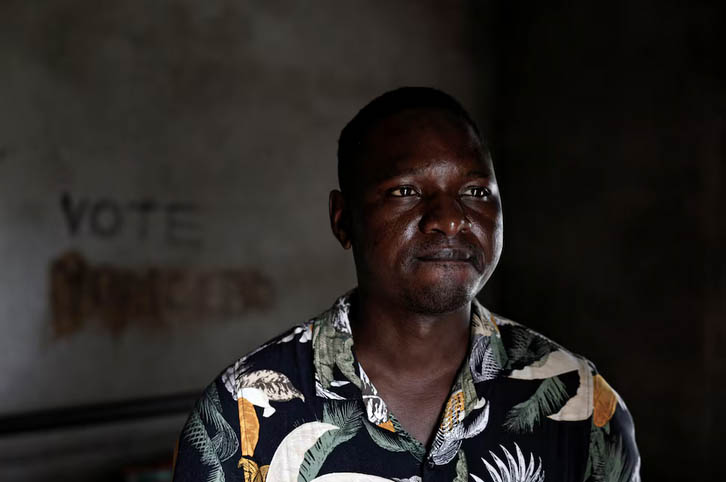HARARE – The world on Friday stood united in its condemnation of an ongoing military and police crackdown on critics of President Emmerson Mnangagwa, and an internet blockade that has limited communication with the outside world.
The European Union demanded a “thorough investigation into the deaths and abuses over the last days”, as the Zimbabwe Human Rights NGO Forum revealed that at least 12 people had been killed and 78 others shot since Monday’s protests triggered by shock price increases decreed by Mnangagwa.
“The Zimbabwean authorities chose to follow the path of reform. To ensure reforms that stand the test of time, an environment ensuring an inclusive national dialogue, through which citizens can exercise their freedoms of assembly, association and expression, is key,” European Union spokesman Maja Kocijancic said in a statement.
“Zimbabwe’s efforts to promote investment and to deepen international partnerships can only be successful if these essential requirements are fulfilled.”
Britain’s Minister for Africa Harriet Baldwin said they were concerned by “disturbing reports of use of live ammunition, intimidation and excessive force” by security forces in response to the riots, adding: “We also urge the reinstatement of full internet access, consistent with citizens’ constitutional right to freedom of expression.”
“Our country is going through one of the most trying periods in its history,” the Zimbabwe Catholic Bishops’ Conference said in a sweeping statement lamenting the government’s “intolerant handling of dissent” and its failure to halt economic collapse.
The Zimbabwe Council of Churches’ general secretary Reverend Kenneth Mtata pleaded “with those in the security sector to stop shooting civilians.”
Peaceful protest is provided for in Zimbabwe’s constitution, he said in a statement, adding that the churches reject “the use of violence and intimidation against those citizens exercising their democratic rights.”
Jacob Mafume, the spokesman for the Movement for Democratic Change, said he feared the internet blackout – which appeared to have been partially lifted on Friday afternoon – was a prelude to more violence.
“The total shutdown of the internet is simply to enable crimes against humanity,” he told Reuters. “The world must quickly step in to remove this blanket of darkness that has been put on the country.”
International calls for restraint by Zimbabwe’s security forces are growing, while Mnangagwa prepares to plead for more investment at the World Economic Forum in Davos, Switzerland. He announced the fuel price increase on the eve of his overseas trip, leaving hardline former military commander and Vice President Constantino Chiwenga as acting president.
Mnangagwa has failed to make good on pre-election pledges to kick-start the ailing economy, which is beset by high inflation and a currency shortage. Fuel in the economically shattered country is now the world’s most expensive.
The government last weekend announced a price of $3.11 per litre for diesel and $3.33 per litre of petrol. Based on data from GlobalPetrolPrices.com, Hong Kong had the highest price for a litre of petrol at $2.04.
Authorities first cut off internet access on Tuesday, before briefly restoring some services on Wednesday. Thursday night’s fuller shutdown also affected emails and web browsing.
The United Nations Human Rights office on Friday urged Zimbabwe to stop the crackdown, noting reports of intimidating door-to-door searches by security forces.
“We are deeply troubled by the socio-economic crisis that is unfolding in Zimbabwe and the repression of large-scale protests in the country, following the government’s decision to increase fuel prices,” said Ravina Shamdasani, the spokesperson for UN Human Rights Commissioner.
“We call on the government ensure that security forces handle protests and exercise their power – especially the use of firearms and live ammunition – strictly in accordance with the country’s international human rights obligations and the relevant principles, including legality, necessity, proportionality, precaution and accountability.”
The UN Commission also advised the government to “set up a national dialogue, with wide participation of all sectors, to find solutions to the economic challenges the country is facing.”
The United States embassy in Harare called or restraint, while urging “all parties… to make every effort to find a peaceful solution.”
“We condemn any disproportionate use of force and call on Zimbabwe’s security forces to respond to civil unrest professionally and with respect for human life and constitutional rights. We are also alarmed by credible reports that security forces are targeting and beating political activists and labour leaders,” the embassy said.
The Zimbabwe Association of Doctors for Human Rights has said it had treated 78 cases of gunshot wounds and 250-plus other cases of “assaults with sharp objects, booted feet, baton sticks” and more.
Injured people streamed into a private hospital in the capital, Harare, on Thursday. Some had broken legs. A nurse attended to a man with a broken spine.
Albert Taurai said he had ventured out to look for bread when plainclothes officers wearing masks beat him up, accusing him of barricading roads.
Keith Frymore, a 21-year-old security guard, had a torn lip. He said a group of uniformed soldiers attacked him at work.
“I need $70 to get help here. I don’t have that kind of money,” he said.
The demonstrations amount to “terrorism,” Information Minister Monica Mutsvangwa said, blaming the opposition. State Security Minister Owen Ncube thanked security forces for “standing firm.”
But among those arrested are several ruling Zanu PF party community leaders as well as a soldier and a police officer.
(Additional reporting AP, Reuters)
